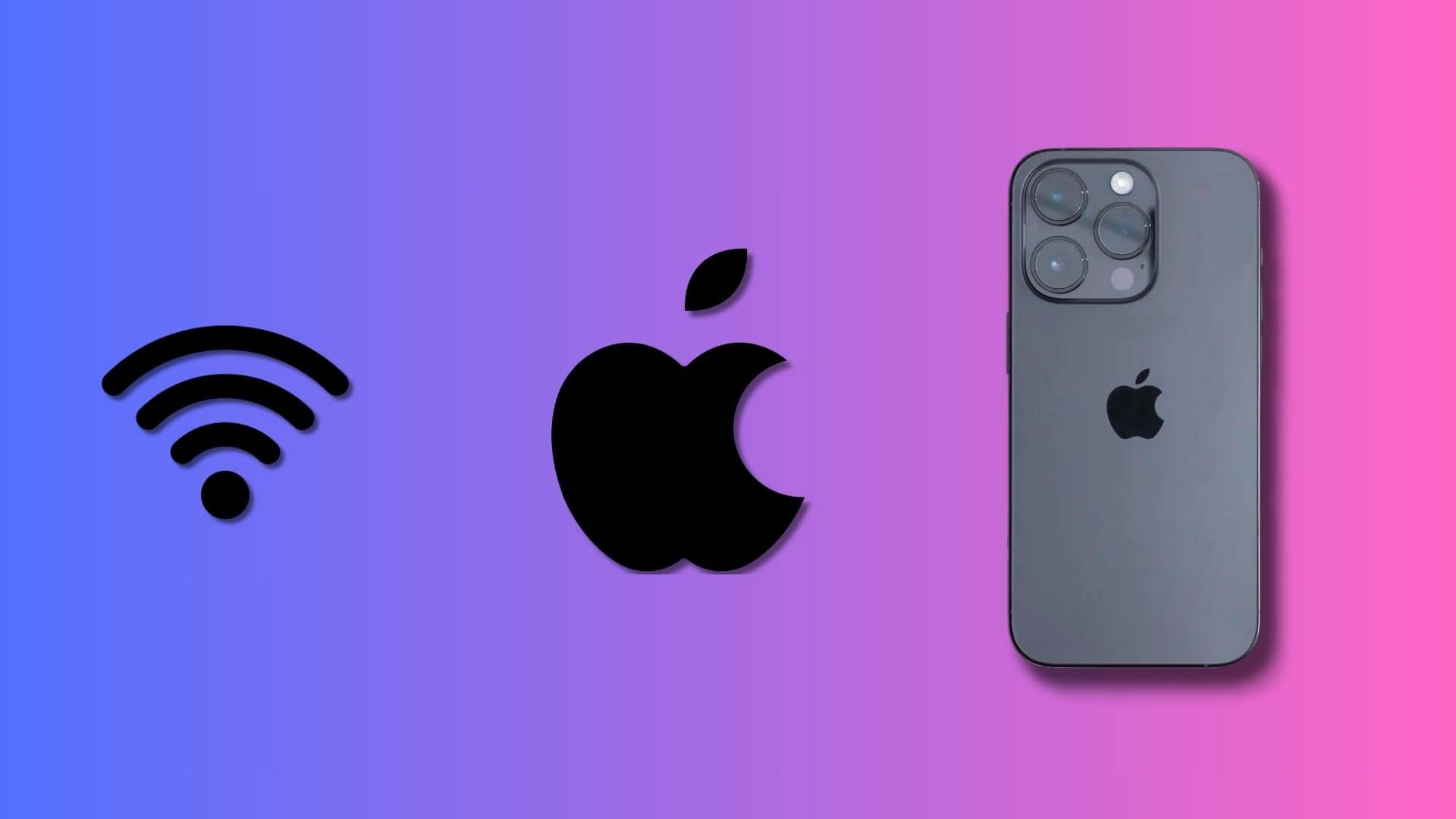Apple reportedly will switch to an in-house Wi-Fi chip with the upcoming iPhone 17 series, while the rumored slim iPhone 17 model will be the only device with both Apple’s Wi-Fi chip and the company’s own C1 modem for cellular, GPS and satellite connectivity.
iPhone 17 may use Apple’s Wi-Fi chip
Apple has long relied on Broadcom for Wi-Fi and Bluetooth modules for iPhones, iPads and Macs. With Apple’s growing taste for developing in-house chips, it plans to replace Broadcom’s Wi-Fi module with its own. Beyond cost savings, this move will enable Apple to achieve an unprecedented level of hardware and software integration. Additionally, Apple is making strides in iPhone 5G technology, with reports suggesting that future models could feature an in-house modem. Learn more about these advancements here.
Previous rumors indicated the 2025 Apple TV and HomePod will use Apple’s in-house Wi-Fi chip. But that’s not it. Well-regarded TF International Securities analyst Ming-Chi Kuo said Thursday that Apple will use its in-house Wi-Fi module on all iPhone 17 models. He says apart from cost savings, the move will help “enhance connectivity across Apple devices.”
Following Qualcomm, Broadcom's Wi-Fi chips will also be replaced by Apple's in-house chips at a faster pace. My latest industry survey indicates that all new 2H25 iPhone 17 models will feature Apple's in-house Wi-Fi chips (vs. only the slim iPhone 17 will adopt Apple's C1 modem…
— 郭明錤 (Ming-Chi Kuo) (@mingchikuo) February 20, 2025
Don’t expect Apple’s first Wi-Fi module to bring major performance improvements
After years of relying on Broadcom’s radio modules, switching to its own hardware would be a major move for Apple. As with Apple’s C1 modem, which debuted inside the iPhone 16e, Apple’s first-gen Wi-Fi radio might not deliver any significant performance improvement or technological breakthrough. However, it could provide better power efficiency or other connectivity enhancements.
Kuo previously said the chip would be fabricated on Taiwan Semiconductor Manufacturing Company’s 7nm node and support the Wi-Fi 7 standard.
Despite using an Apple-built Wi-Fi module, the iPhone 16e’s C1 modem will not come to the entire iPhone 17 lineup. All the upcoming models, except the slim device possibly called the iPhone 17 Air, will continue to use a Qualcomm-supplied baseband that supports 5G mmWave.
Apple likely will move away from Qualcomm and Broadcom for such core components of its devices in the future. It also eventually could work the Wi-Fi module into the modem for better integration and power efficiency.


